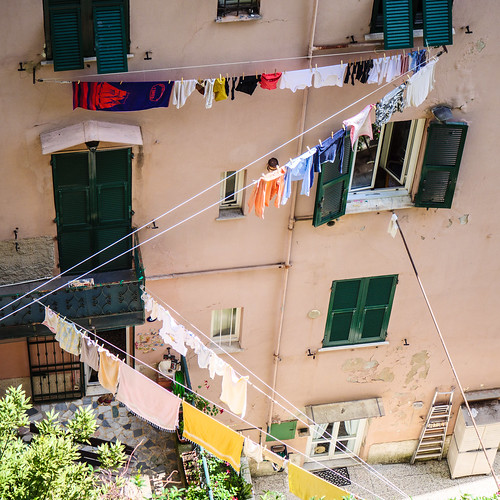As I mentioned a while ago, the Center for Ethics and Education at UW Madison has a podcast, which we’re quite proud of and for which, frankly, I’d like to build the audience. Here’s a recent episode about becoming a better college teacher. It’s grounded in an essay I wrote for Daedalus in 2019, which is really just the story of how, possibly, I became a better teacher (and possibly I didn’t), and drew heavily on blog posts I’ve done at CT over the years [1]. I really like this episode: a recent (2020) UW graduate, Grace Gecewicz, who is now a middle school teacher, interviewed me basically trying to draw out some of what I say in the essay [2]. But about half way through the interview morphs into a conversation, in which she also talks about her own experiences, which are probably the most interesting part of the podcast. If you do enjoy it, recommend it to your friends.
[1] I was invited to write the essay, and was very anxious about it. There was the fact that it would be published in a journal that circulates much more widely than anywhere I normally publish. But it was more: how do you say that you think your entire profession is pretty bad at its main task, and tell the story of how you think you became better at that task yourself, without coming across as a self-righteous prig? You can judge for yourself how successfully I achieve that aim.
[2] Its not only one of my favourites. A student told me earlier this week that before taking my class a year ago she read the essay and decided I would probably be ok. She also told me that this episode is a favourite of her dad’s.




